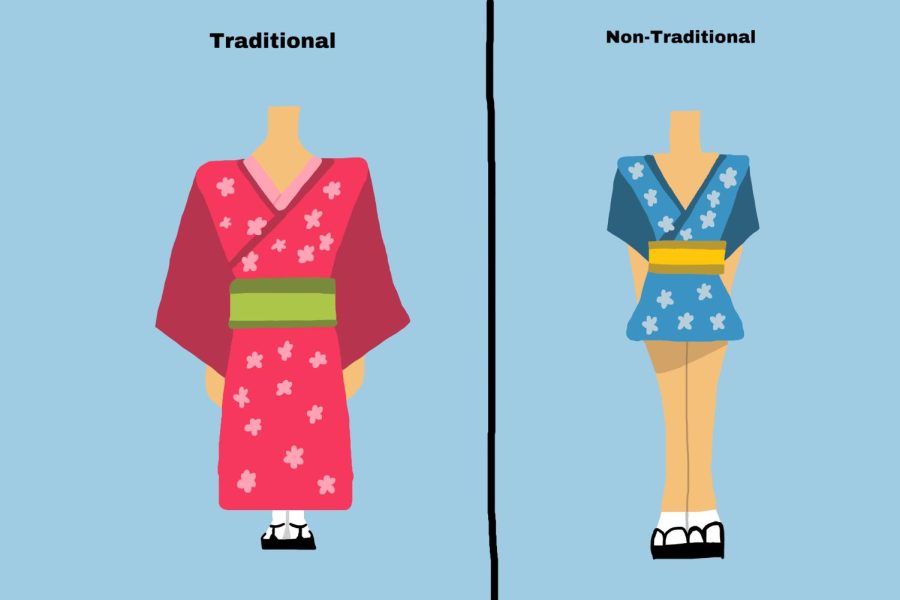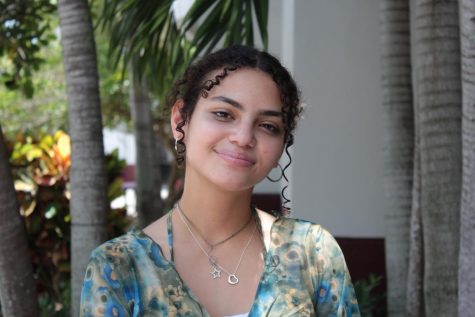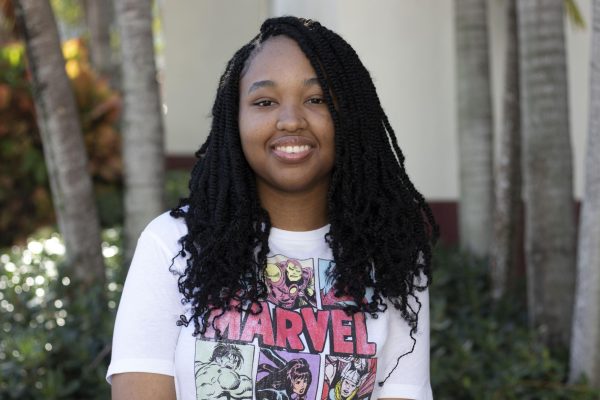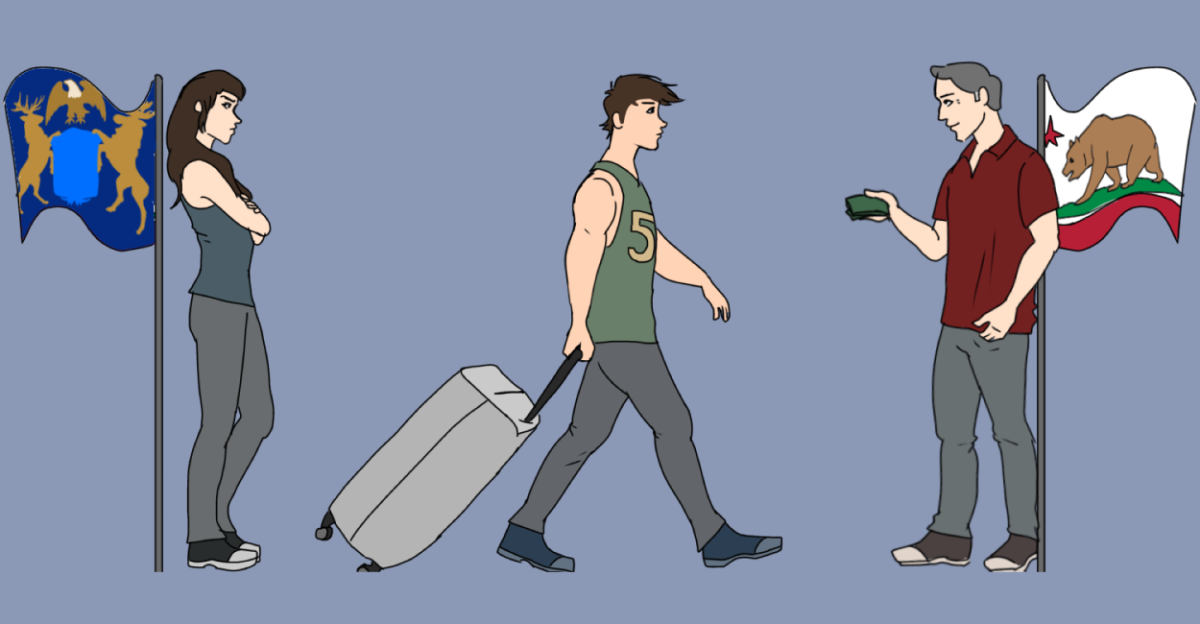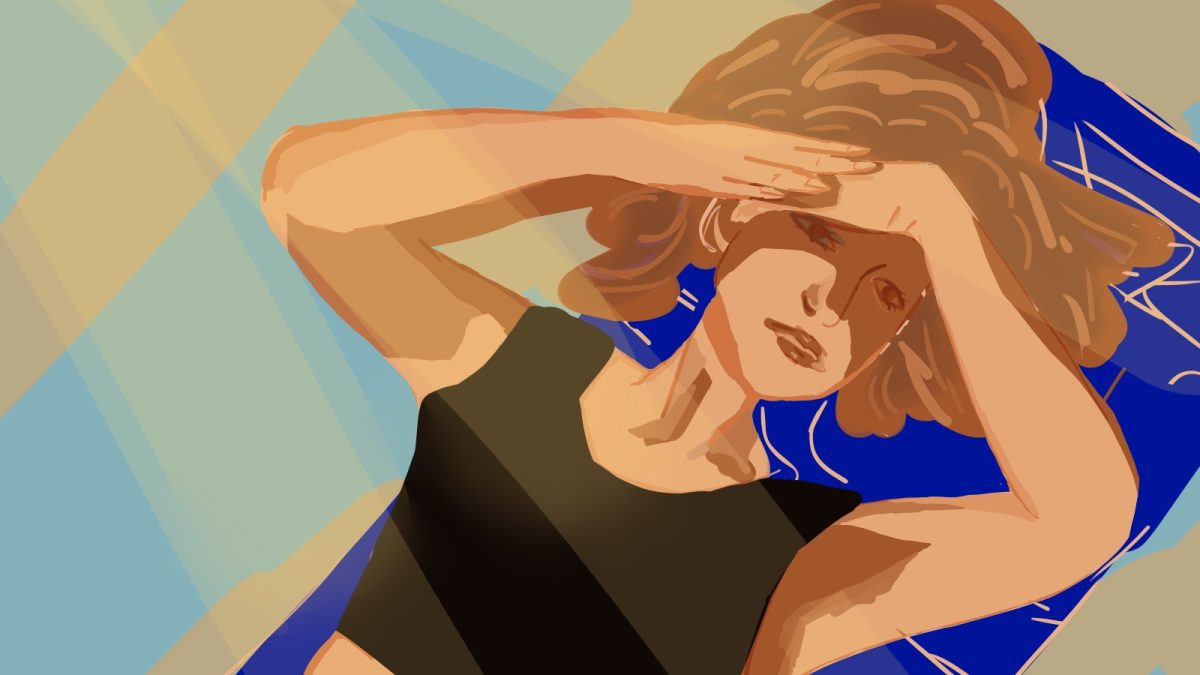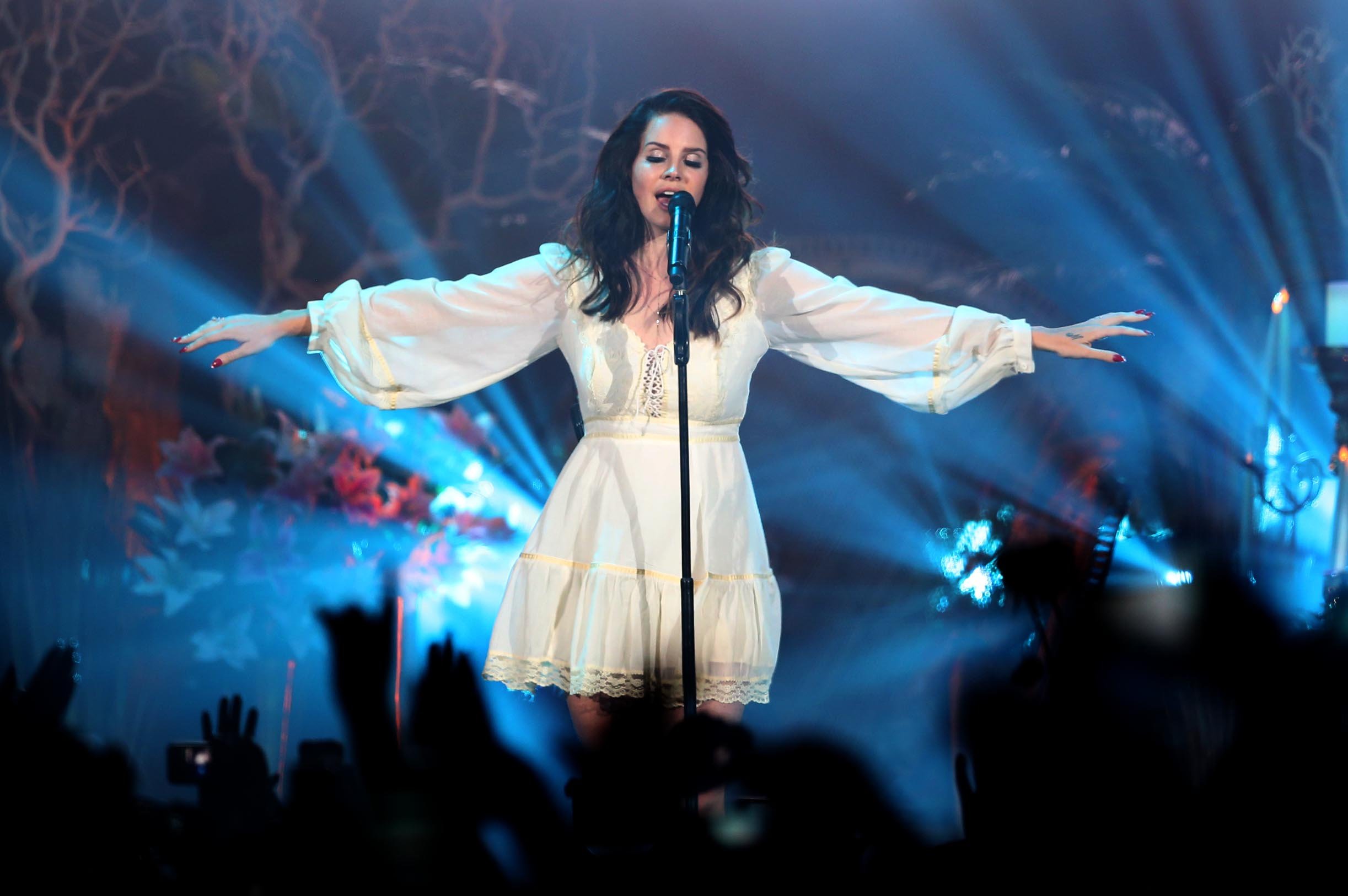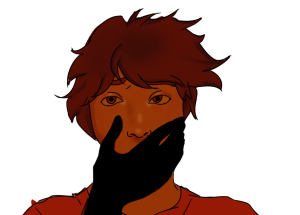[Opinion] Individuals should not wear offensive Halloween costumes
Often times, people will wear the Halloween store’s version of cultural/traditional clothing, which can be quite offensive to different ethnicities. It is better to wear the original and traditional version or simply choose something different to show cultural appreciation instead of appropriation.
October 30, 2022
As Halloween approaches, there are many opportunities for individuals to express themselves by dressing up in a costume of their choosing. Stores such as Party City and Spirit Halloween offer many different types and styles of costumes for individuals of all ages. While there are many appropriate costumes to choose from, people use the holiday as an excuse to wear inappropriate and insensitive outfits that can be harmful to specific communities.
People tend to make offensive gestures by culturally appropriating and wearing costumes that should not be joked about. An example of this is people dressing up as Jeffrey Dahmner in the new Netflix show “Monster: The Jeffrey Dahmer Story”. Some have shown off their costume as him on platforms like TikTok and have romanticized the real case of this murderer. This creates false ideals and can be insensitive to victims or those who were personally affected by this.
Another common costume that shows cultural appropriation is the misuse of traditional clothing such as the kimono, a traditional Japanese garment. Many people who are not Japanese wear this item of clothing, unaware of the meaning behind it and just wearing it for the ‘aesthetic.’ It is a formal piece of clothing that is meant to be worn in a proper, respectful way; yet, some people tend to wear it inappropriately. The kimono’s history plays a big role in Japanese culture and the use of it for a different representation diminishes the meaning of it.
Others may also use costumes to offend specific races, such as indigineous people and black people, by using inappropriate hairstyles that are not part of their culture or cultural clothing. Since it was not called out to be offensive to wear such costumes, those who wore the insensitive costumes believed there was nothing wrong with them. In fact, it teaches society false perceptions of those groups that are badly portrayed in costumes.
People alter their physical appearances to look a certain way and damage cultures around them by doing so. Those ethnic groups and races who are oppressed face racism towards their communities, while the privileged side is unaware of the misrepresentation they are performing.
As an indigenous woman myself, there has been a repeated pattern of the misuse of headdresses that are part of many Native American tribes. For example, a headdress is a covering for a woman or a man’s head for ceremonial purposes. These practices are serious activities that are a big part of Indigineous people’s culture and should not be used for entertainment or costumes.
To prevent this, people should do background research on their costumes before heading to Halloween parties and potentially offending someone around them. Before wearing an item of clothing that does not belong to their culture, they should think about how this could contribute to false realities and stereotypes of that culture they are appropriating.
Respect goes both ways when it comes to disrespectful gestures. Seeing someone culturally appropriating a Halloween costume that is important to you can be very upsetting if not taken seriously. If it is not part of your culture or background, it should not be your Halloween costume.

